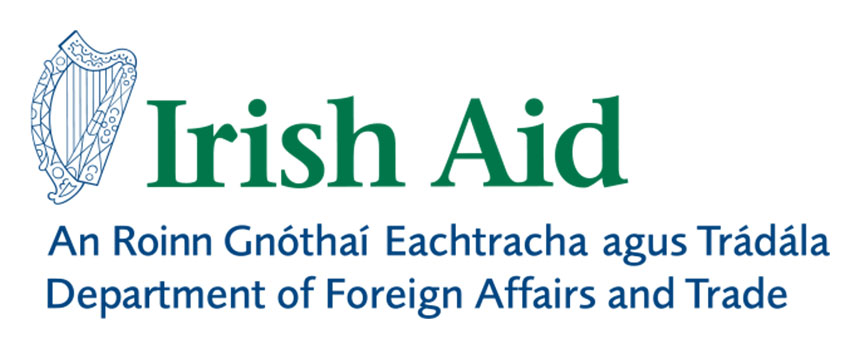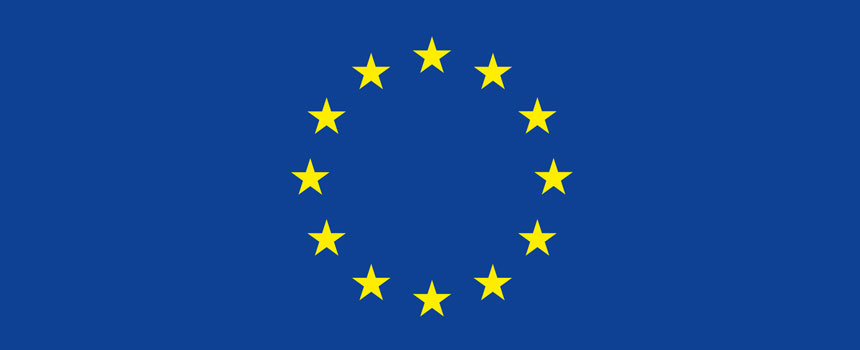Campaigners Welcome EU Step Toward Tax Transparency and Urge Further action
10 April 2013

Campaigners Welcome EU Step Toward Tax Transparency and Urge Further action
10th April 2013
Irish global justice group, Debt and Development Coalition Ireland, today welcomed a landmark EU agreement on greater tax transparency and urged further action for tax justice. Modeled on the 'Cardin-Lugar' amendment of the 2010 U.S. Dodd-Frank Act, the new EU rules will require European public and private oil, gas, mining companies, and the logging industry, to publish what they pay governments around the world for natural resources, on a country-by-country and project-by-project basis - payments that have a huge impact on the economies of impoverished countries.
Nessa Ní Chasaide of Debt and Development Coalition Ireland said, "While the agreement does not go far enough in terms of industries covered, or levels of information disclosure required, it is welcome that the Irish Government has succeeded in taking Europe a step toward greater tax transparency during its EU Presidency."
Through obliging companies to report at a project level in addition to government level, and on all payments over €100,000, the agreement will expose whether companies are paying their fair share of tax for the resources they extract, and help citizens in resource-rich countries, like Nigeria and the Democratic Republic of Congo, to hold governments to account for their use of natural resource revenues relating to projects in their communities.
Ms Ní Chasaide continued, "We must build on this momentum for tax justice. The next step should be to extend this agreement to focus on a greater number of industries that have a major impact on developing country economies, such as telecommunications and construction. And fight for disclosure of more financial information such as production or sales volumes, numbers of employees and profits."
The agreement was passed without any exemptions, highly contentious in negotiations, as companies claimed that in some countries they would have to break national criminal laws which prohibit the disclosure of such information. However, companies did not provide any such examples and EU member states finally agreed to remove that exemption which would have been a massive loophole.
The text will be adopted by the Parliament and the Council in the coming months.
For further information contact:
Nessa Ní Chasaide, Coordinator Debt and Development Coalition Ireland, 01 6174835, 087 7507001 nessa@debtireland.org <x-msg://6/nessa@debtireland.org> ; http://www.debtireland.org <http://www.debtireland.org/>
Notes to the editor:
An analysis of the strengths and weaknesses of the agreement can be found at the European Network on Debt and Development (Eurodad), of which Debt and Development Coalition is a member: http://eurodad.org/1545087/
A Debt and Development Coalition Ireland commissioned report on Ireland and international tax justice: Killian, Sheila, Driving the Getaway Car? Ireland, Tax and Development, March 2011, can be found here: http://www.debtireland.org/download/pdf/driving


